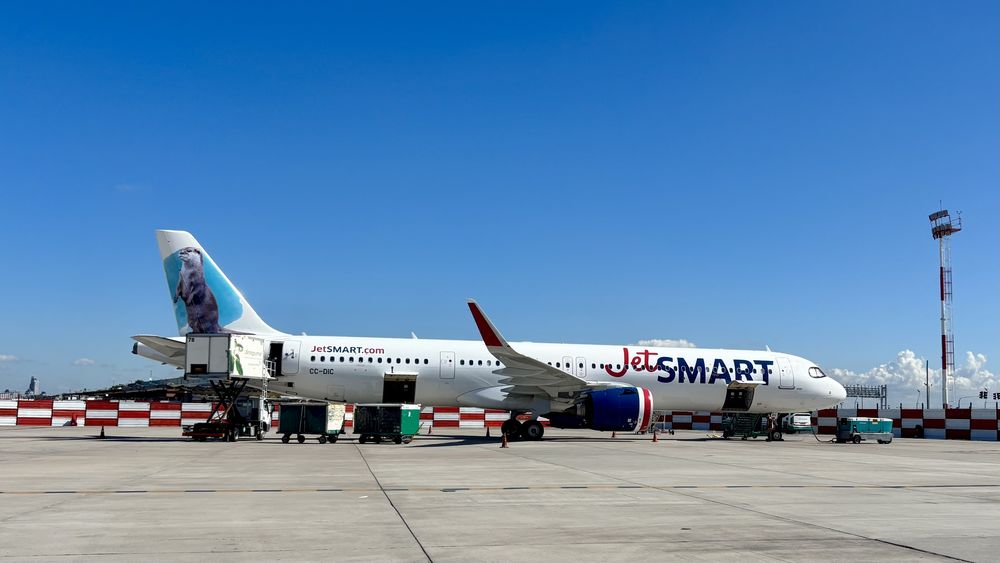The government reformed the Aeronautical Code: it eliminated requirements for Argentine personnel and deregulated the aviation sector.

The modifications aim to modernize and streamline the aviation industry. They allow the use of foreign crews, allow more flexible aircraft registration, and reduce state intervention in flight planning.
He The national government officially announced a series of reforms to the Aeronautical Code on Tuesday, with the goal of "simplifying and deregulating obsolete regulations that are more than 55 years old," according to a statement from the Ministry of Transportation. The measures, published in the Official Gazette , mark a profound shift in the operation of the Argentine commercial aviation sector.
Among the most significant changes is the elimination of the requirement to have Argentine personnel on commercial air services, both local and international. Furthermore, the use of foreign-registered aircraft is permitted without requiring Argentine citizens to operate crews or perform maintenance, repealing a requirement established by Law 17,285.
The Executive indicated that this reform seeks to "grant greater freedoms to the airline sector and reduce bureaucracy," allowing the entry of new airlines, ramp operators, and airport services . It also aims to promote " greater contractual freedom ": it will now be possible to register aircraft through contracts signed abroad, provided that these are registered in the National Aircraft Registry.
Airbus A321 neo.jpg

Melisa Sbrocco
For companies wishing to operate in the aeronautical sector, two-thirds of the board of directors will no longer be required to be Argentine citizens , although they will still need to establish legal domicile in the country. According to official sources, this "makes transparent" the participation of foreign capital in the sector, which previously had to resort to intermediaries to comply with regulations.
Another important change affects flight planning : from now on, schedules, frequencies, and timetables will be coordinated directly between airport operators and airlines, without requiring approval from the National Executive Branch. Fare references have also been eliminated .
On the other hand, public airfields will no longer be required to have a designated manager , unless mandated by the National Civil Aviation Administration (ANAC) . This, according to the government, seeks to avoid redundant functions within the state structure.
Finally, the State's right of first refusal to acquire assets from companies that cease operations is abolished, which meant that the State could directly purchase aircraft and equipment at a price set by appraisers.
losandes





